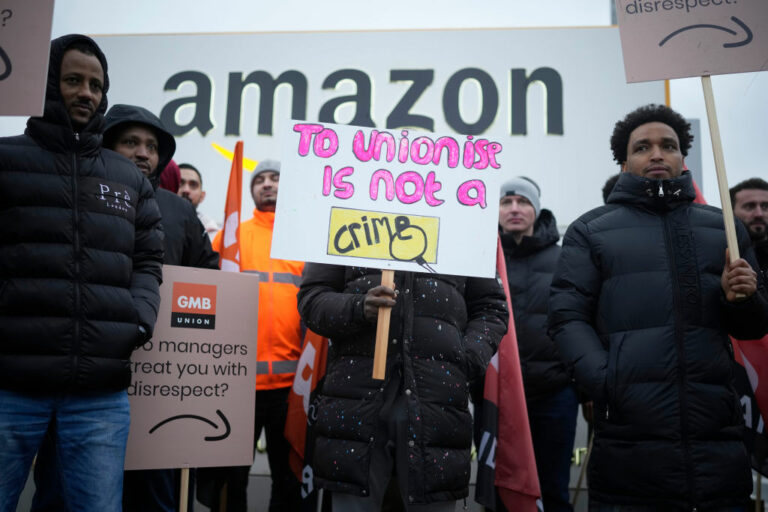An element of Christmas that’s now as traditional as turkey and sprouts is the annual grumble that brands start their marketing campaigns too early. Such criticism is, I believe, wholly mistaken.
On Facebook, conversations around Christmas pick up dramatically in the fourth week of October — a full three weeks before traditional media go live. For me, this is the true start of Christmas: the period where people begin to get excited about the holiday and start making their plans. At this time, people want to hear from brands, and retailers are not only within their rights to start up these conversations — they’d be missing a trick if they didn’t.
However, while the window of opportunity to reach potential customers is widening, the marketing mix is more varied and complex than ever. If brands are to have a successful festive season – and let’s not forget that for many companies Christmas is the make-or-break period – then the next few weeks must be spent on maximising conversions.
Working with Ipsos Mori on a global research programme, and looking at Facebook and Instagram data, we’ve identified four key insights into changing shopping habits that will help brands do just that:
Mobile shoppers are crucial
Christmas 2016 was the first time we saw global mobile conversions overtake desktop on Facebook, but with mobile-first shoppers (ie people who do most of their Christmas shopping over mobile) growing by 26 per cent year-on-year, you can bet there’s more growth to come.
Significantly, UK mobile shoppers start their Christmas shopping earlier than desktop and store shoppers, so early marketing efforts are well suited to consumers’ most personal device.
Online shopping holidays are globalising
According to online conversions visible to Facebook, we’re seeing a cross-pollination of shopping days around the festive season.
The US institution of Black Friday is already a huge deal across the Americas and is increasingly important in Europe and Asia Pacific. Meanwhile, China’s Singles Day is now one of the biggest shopping days in the world.
Interestingly, UK mobile conversions outperform desktop conversions across all red-letter shopping days in the period.
Mobile shopping happens off the clock and on the move
When we compare British mobile and desktop conversions on a given day in the Christmas period, we can see that mobile performs best when people are away from work and on the hoof – particularly when they’re commuting to and from work.
Facebook research shows that UK customers use mobile to avoid the craziness of the shops and to make use of dead time to get their shopping done. With mobile-first shoppers in the UK 1.3 times more likely to love Christmas and feel relaxed about Christmas shopping, it’s clearly working.
Screen shopping’s the new window shopping
Increasingly, what people see on mobile devices inform discovery. Nearly 40 per cent of the people we spoke to said that Facebook is influential in their Christmas shopping, using it and Instagram for ideas, advice, research and inspiration.
Significantly, mobile-first shoppers are more likely to use social media to seek advice about gifts and to find shopping inspiration than the average UK shopper.
Facebook’s research also paints a picture of a world where mobile is becoming the central medium for Christmas shopping and the most important source of conversions. So, what can UK marketers do to ensure their strategy is optimised for this new world? We’ve identified five key steps:
- Get ahead of new shopping holidays. Keep a look out for fast-growing but nascent online shopping days coming in from other markets.
- Design for mobile. People are buying from mobile while on the go; one-hand, one-minute user experiences will be key.
- Link mobile with in-store. Use mobile to draw people to stores by creating convenience. For example, guide people to buy online and pick up in-store.
- Link discovering in-feed to buying in-feed. Use the feed to dynamically showcase product catalogues and to shorten the path from discovery to purchase.
- Maintain momentum. After Christmas, re-engage shoppers who have expressed interest and entice them with special January sales.
The days when Christmas began with that first window of the advent calendar are long past. But much of the reason for this is that people love the season, and many of us are keen to get our plans in order well before December rolls around. After all, those perfect presents are not going to find themselves.
So, forget the eye-rolling and get those conversations started – particularly over mobile. Those that do will find put themselves in the best possible position to end the year on a high.
Ian Edwards is the Head of Planning at Facebook

















